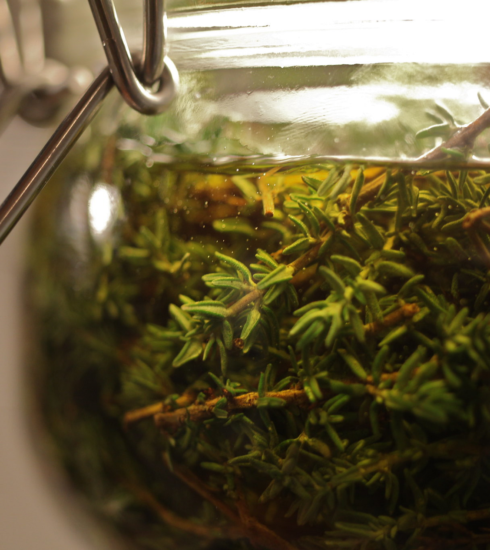How Green is Your Kitchen?
If you think it’s difficult to live greener, think again. There are many small, eco-friendly steps that you can incorporate into your daily life to reduce waste and save money too.
Try these simple changes to transform your kitchen and environment.
- Invest in a water filter: Ditch the plastic water bottles and get an easy-to-install water filter for your kitchen faucet. Millions of plastic water bottles end up in landfills and the world’s oceans, taking hundreds of years to decompose.
- Use reusable cloth bags: The use of reusable bags isn’t a new phenomenon but it is becoming very common. Invest in a few reusable bags and keep them in your car for that next grocery shopping trip. Just about every grocery store sells reusable bags for as little as 99 cents.
- Use that recycle bin: Most major cities have recycling programs and pick up these items in the same way as trash. Plastic bottles and containers and cereal and snack boxes take up a lot of room in your trash bin. Recycling these items saves room in your trash, reducing the number of trash bags you have to use over time.
- Yank those appliance plugs. Unplugging kitchen appliances when they’re not in use is an easy way to cut back on your electricity bill and save energy. Remember, just because those appliances are not “on” doesn’t mean they aren’t sucking electricity from the socket-and your wallet.
- Dump the plastic baggies: If you pack a lunch for yourself or your kids, those plastic baggies can end up in the trash after one use. Try packing lunches in multi-compartment containers that close to keep food fresh, eliminate the need for bags and are easy to clean.
- Go meatless more often. According to an article in the LA Times, it takes 1,799 gallons of water to make 1 pound of hamburger meat, “which includes irrigation of the grains and grasses in feed, plus water for drinking and processing.” Try having a hearty bowl of soup, a vegetable plate or plant-based meat instead of traditional meat.
- Compost, don’t toss those food scraps. Composting keeps as much as 30% of household waste out of your garbage and your local landfill. This is a big deal because when organic matter hits the landfill, it releases harmful methane gas as it breaks down, increasing the rate of global warming and climate change. Click here to learn how to start your home compost pile.











